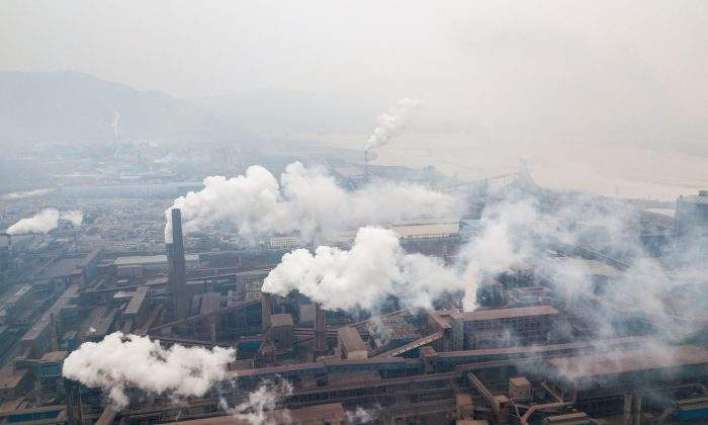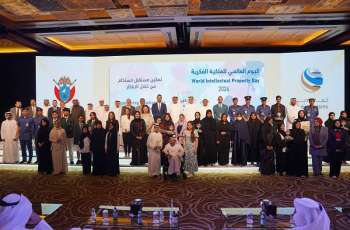Russian plants may disclose data on air emissions, currently classified as a commercial secret, and submit it to scientists so they can create models on how to improve air quality in cities that are part of the "Fresh Air" project, Deputy Director of the Voeikov Main Geophysical Observatory (MGO), a part of federal weather agency Rosgidromet, Sergey Chicherin, told Sputnik
MOSCOW (Pakistan Point News / Sputnik - 17th October, 2019) Russian plants may disclose data on air emissions, currently classified as a commercial secret, and submit it to scientists so they can create models on how to improve air quality in cities that are part of the "Fresh Air" project, Deputy Director of the Voeikov Main Geophysical Observatory (MGO), a part of Federal weather agency Rosgidromet, Sergey Chicherin, told Sputnik."Fresh Air" is a part of another federal project called "Ecology," which is designed to cut atmospheric emissions by 20 percent in 12 Russian cities � Bratsk, Krasnoyarsk, Lipetsk, Magnitogorsk, Mednogorsk, Nizhny Tagil, Novokuznetsk, Norilsk, Omsk, Chelyabinsk, Cherepovets and Chita � by 2024. The MGO should establish models for reducing air pollution, which is why scientists need data on every polluter.
"There's data given by Rosstat [Federal State Statistic Service], but only on cities, not factories, which classify it as their commercial secret and don't disclose any information. The data on cities is not spectacular because it's then not clear what should be reduced and to what extent, and who has to do this. [State environment watchdog] Rosprirodnadzor is responsible for gathering data on plants," Chicherin said.
He specified that to obtain a complete picture of the environmental situation in a city and draw up a plan to improve air quality, 98 percent of air emissions in that city and its outskirts should be taken into consideration. The case may vary from city to city. If the calculation shows that the concentration of pollution in any part of the city exceeds the limit, then measures to reduce it will be suggested.
The expert further noted that modeling would help to evaluate the overall pollution records in individual cities.




